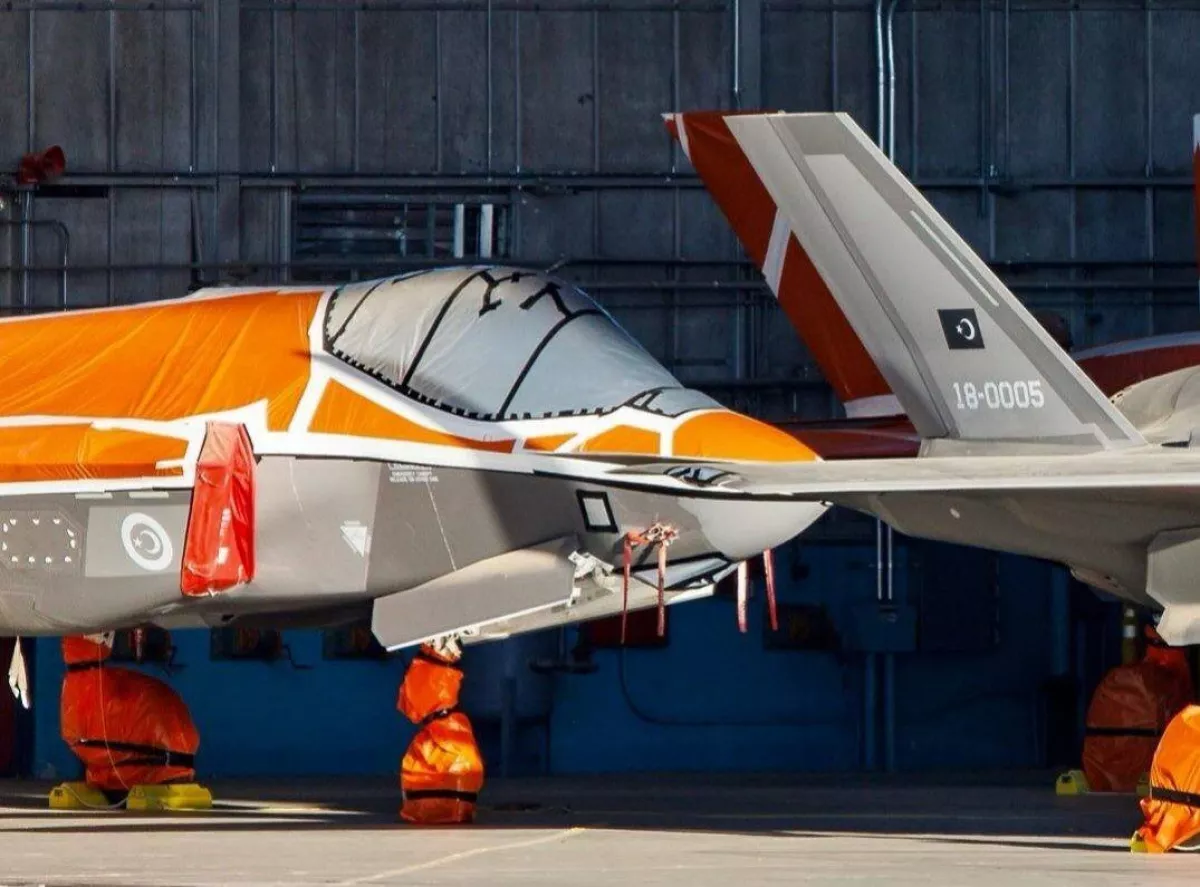Türkiye focuses on independent upgrades as it modernizes Air Force with new aircraft deals PHOTO
Türkiye is continuing its ambitious efforts to modernize its Air Force, focusing on diversifying its fleet with cutting-edge combat aircraft.
According to sources from the Turkish Ministry of National Defence, the goal is to strengthen Türkiye's air capabilities until the national KAAN aircraft is ready for service, Caliber.Az reports citing SavunmaSanayiST.com.
Milli Savunma Bakanlığı Kaynakları:
— SavunmaSanayiST.com (@SavunmaSanayiST) November 28, 2024
— F-35 / Eurofighter / F-35
“Hava Kuvvetleri Komutanlığımızın ihtiyaçları doğrultusunda millî uçağımız KAAN hizmete girinceye kadar gelişmiş teknolojiyle donatılmış modern savaş uçaklarının envanterealınması ve envanterin çeşitlendirilmesi… pic.twitter.com/FMwYHxMzc2
Türkiye’s plan to procure 40 new F-16 Block 70 Viper jets is moving forward. With an initial payment of $1.4 billion, the deal also includes specialized ammunition. This move is part of Türkiye’s strategy to modernize its fleet, but there's been a shift in how Türkiye approaches the F-16 program.
Initially, the deal included purchasing 79 upgrade kits for Türkiye's existing F-16s, but this plan was abandoned in favour of acquiring new aircraft. The reason behind this change? Türkiye’s aerospace giant, Turkish Aerospace Industries (TUSAŞ), is now capable of handling the F-16 upgrades independently.

F-35 made for Türkiye
Defence Minister Yaşar Güler recently confirmed the cancellation of the upgrade kits and noted that the funds would be redirected toward the purchase of the new F-16 Block 70s. The total cost of this deal is expected to range between $6.5 billion and $7 billion.
Türkiye’s procurement efforts also extend to the Eurofighter, with technical negotiations for the purchase of 40 aircraft continuing positively. Additionally, Türkiye has officially requested 40 F-35 fighter jets from its partners. Six F-35s are already in storage, having been paid for by Türkiye, but the delivery has been delayed due to sanctions (CAATSA). Despite the setback, Türkiye remains hopeful, with sources expressing expectations that NATO allies will align with the alliance’s collective security goals and lift all related sanctions.
As Türkiye continues to navigate international defence deals, the Ministry of National Defence has reiterated its commitment to securing a modern, technologically advanced fleet. The emphasis on domestic production, through TUSAŞ’s growing capabilities, highlights Türkiye’s push for greater independence in its defence sector. With these moves, Türkiye aims to balance relationships with NATO while pursuing strategic autonomy in its defence capabilities.
By Tamilla Hasanova








